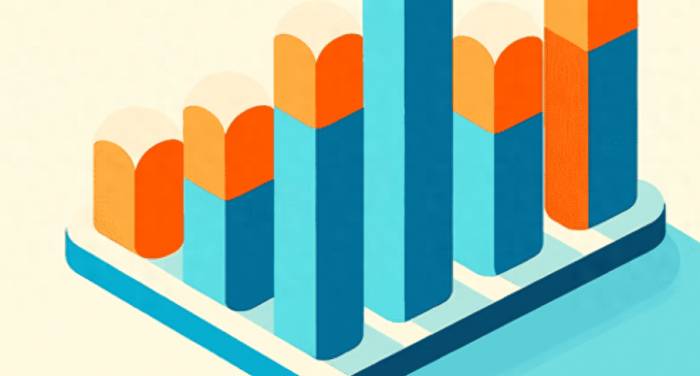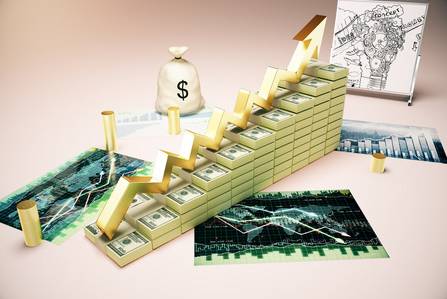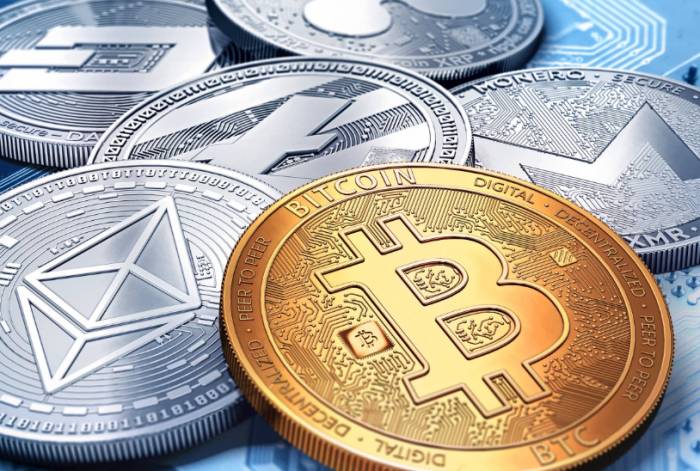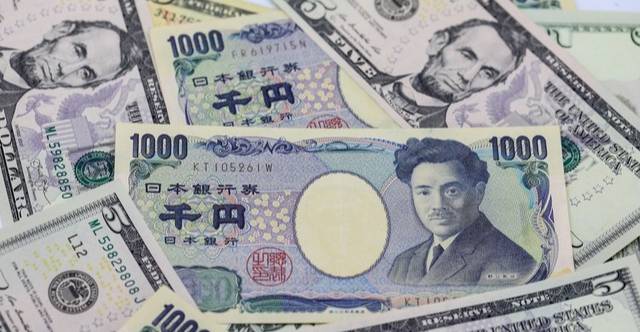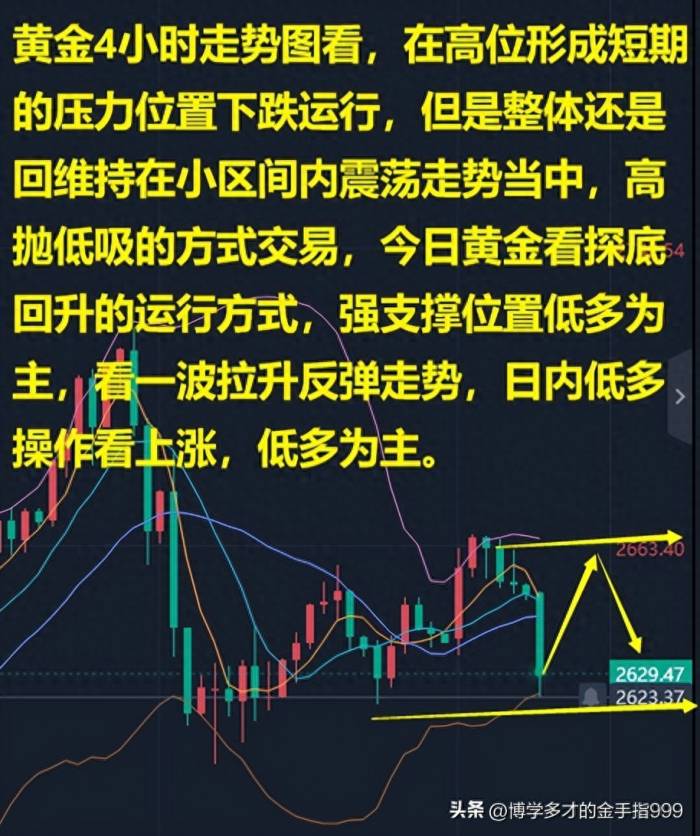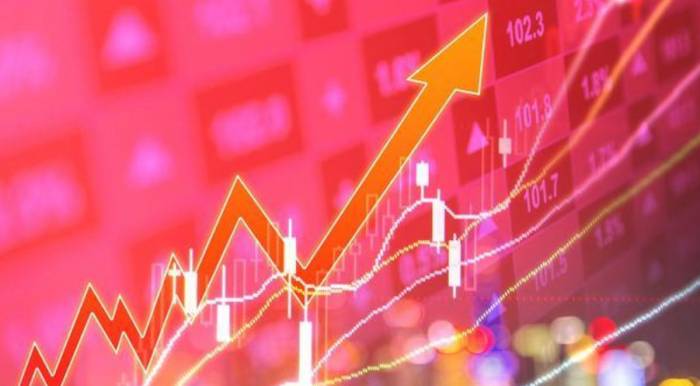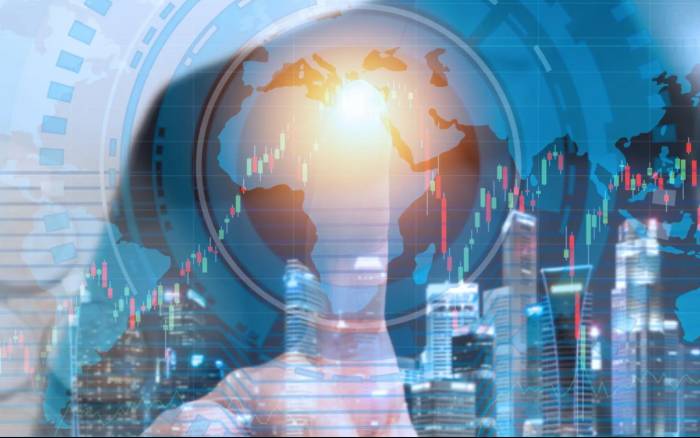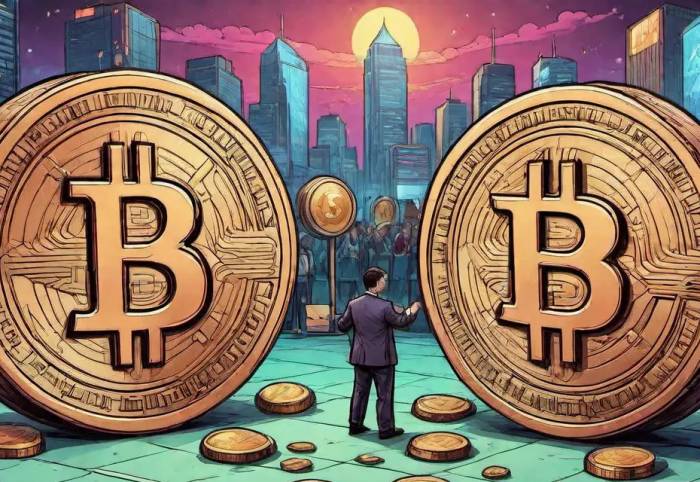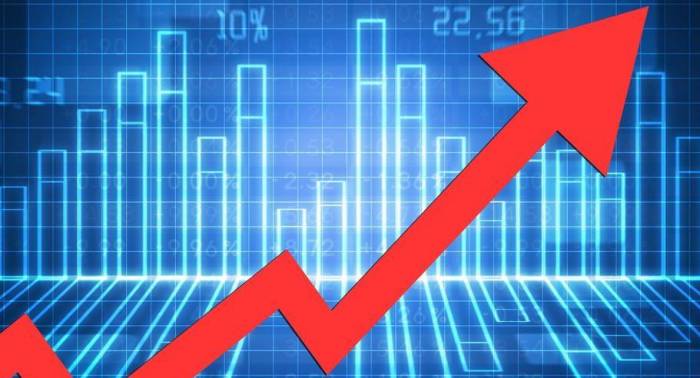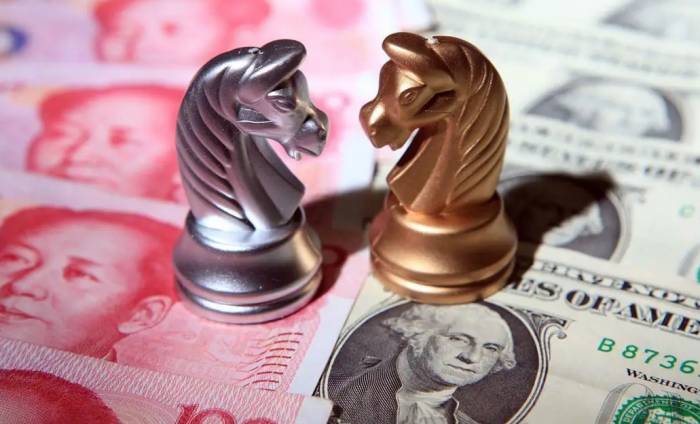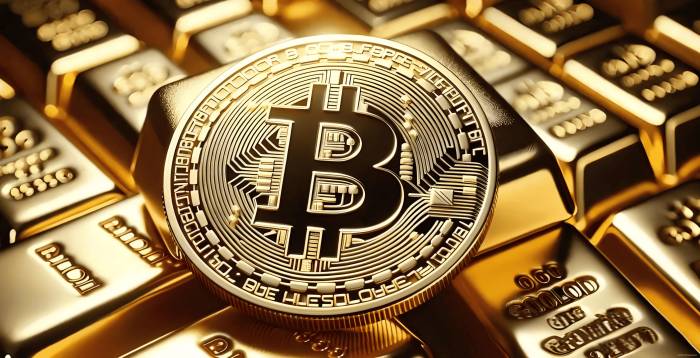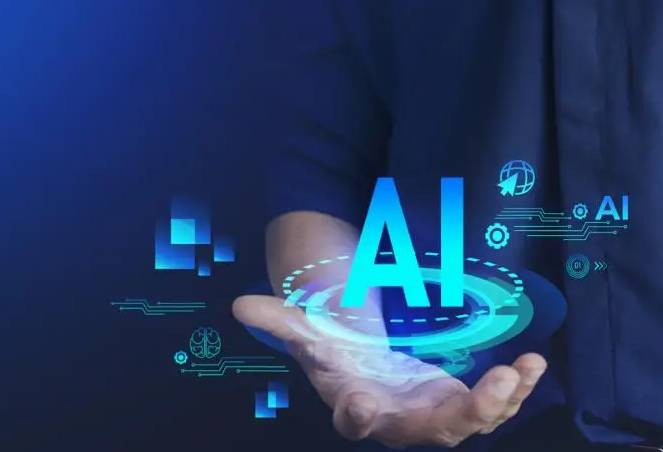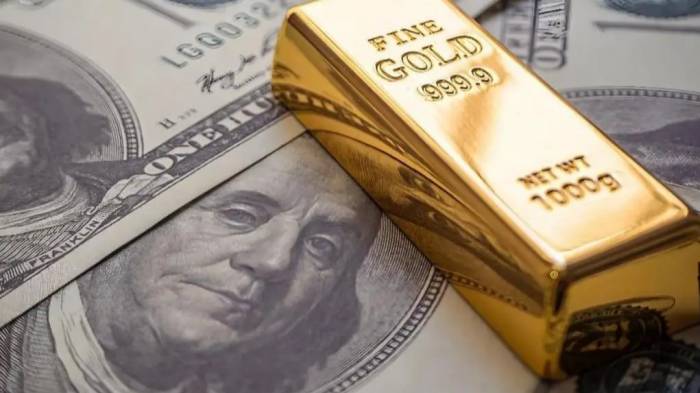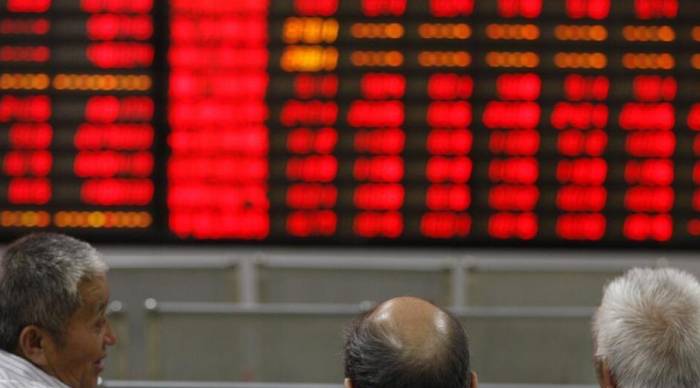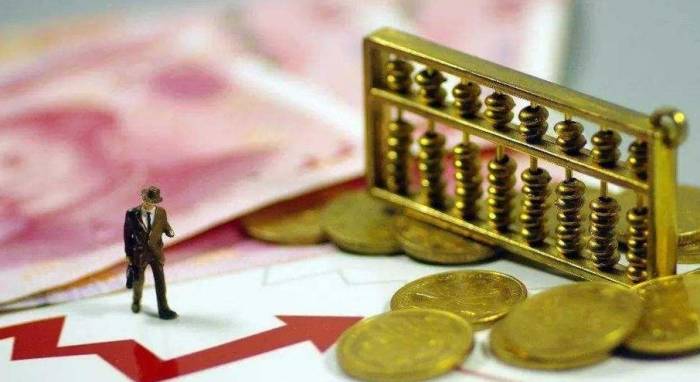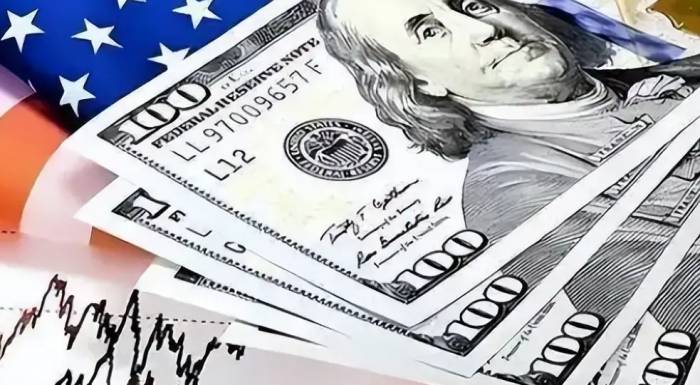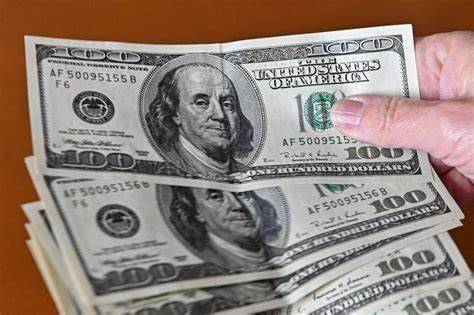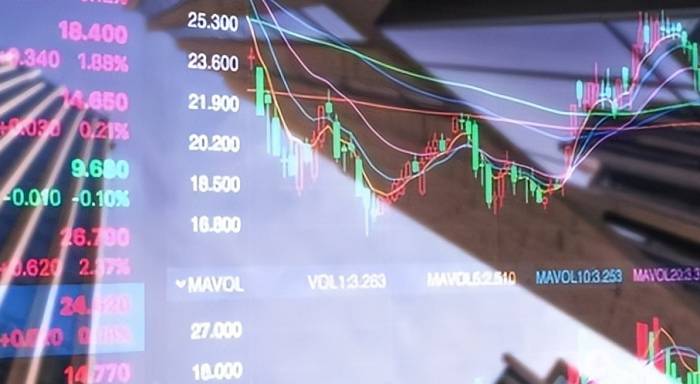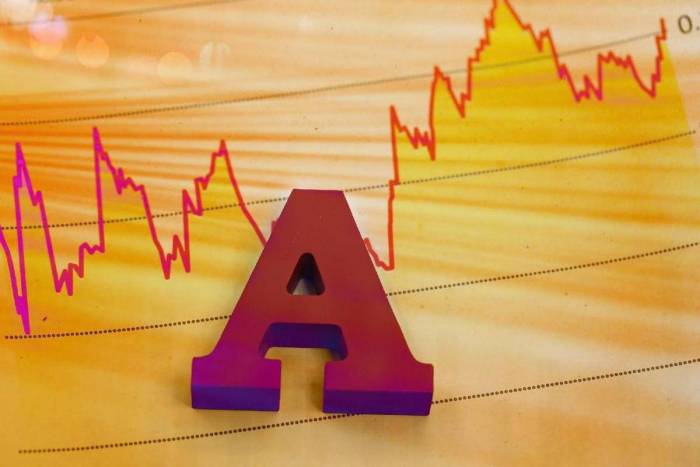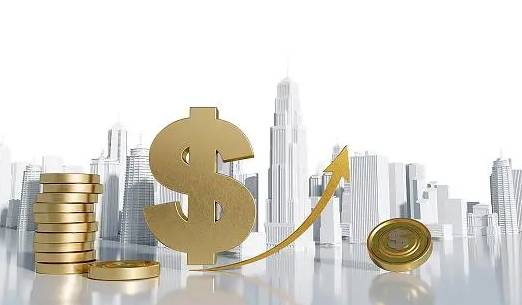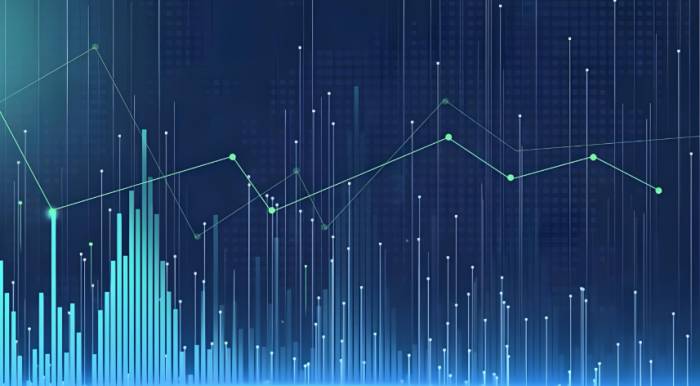The latest economic indicators from the United States show a resilient economy that has defied expectations, demonstrating signs of recovery as it approaches the critical holiday season. Various sectors, particularly retail and manufacturing, have reported better-than-anticipated performance, establishing a foundation of optimism for investors and consumers alike.
Starting with the retail sector, data for October revealed a monthly increase of 0.4% in retail sales, slightly surpassing the expected growth of 0.3%. The performance in this sector, significantly buoyed by the resurgence of consumer activity, showcases the effectiveness of promotional events like Amazon's Prime Day, along with initiatives from Walmart and Target. Notably, auto sales surged by 1.6% month-over-month, indicating robust consumer demand for vehicles, with restaurants and bars also showing a growth of 0.7%. Year-over-year, restaurant spending climbed by an impressive 4.3%, signaling a reinvigorated marketplace.
It's essential to note, however, that when excluding categories like automotive dealers and fuel sales, the retail growth modestly shifted to only a 0.1% increase in October, missing the market's anticipated jump of 0.3%. Nonetheless, the revisions in September's retail sales figures from a 0.7% increase to a notable 1.2% demonstrate a stronger underlying economic momentum.
Furthermore, touching upon the manufacturing front, the New York Federal Reserve's manufacturing index reached a remarkable 31.2 in November. This figure not only exceeded forecasts but also pointed to a significant expansion in manufacturing activities across the United States, reflecting broader economic vitality. Such manufacturing growth is critical, as it drives job creation and enhances the nation's industrial capabilities, thereby influencing the global economy positively.
Another noteworthy aspect is the 0.3% month-over-month increase in the import price index for October—its highest increase since April 2024. The robust manufacturing index could translate into inflationary pressures, as heightened production demands could lead to pricier raw materials. Thus, while these indicators inspire confidence in the economic recovery, they also pose a risk of escalating costs for consumers.
Turning our gaze abroad, global markets exhibit mixed movements amid this economic backdrop. In Asia, the Nikkei 225 index increased by 0.3%, a reflection of Japan's economic recovery underpinned by policy support and innovations in manufacturing and export sectors. Improved investor sentiment has also played a crucial role in this upward momentum, suggesting a cautious yet optimistic outlook for Japan's economy moving forward.
Meanwhile, in the United States, pre-market trading observed gains for several Chinese technology stocks, with Alibaba rising over 5%. This uptick in Chinese equities comes as a result of the Chinese government's commitment to fostering economic recovery through targeted policies, creating renewed investor confidence. As the global economy rebounds, many international investors are increasingly eyeing opportunities within the Chinese market.
However, technology stocks experienced downward pressure, dealing with the broader market's decline and a shift in investor risk preferences. In recent weeks, a host of favorable economic indicators concerning employment and inflation from the U.S. led to speculation about potential delays in the Federal Reserve's interest rate cuts, further straining the tech sector amidst heightened volatility.
On the commodities market front, notable fluctuations were seen—aluminum prices surged nearly 8%, fueled by optimistic expectations regarding the global economic recovery and increased demand for raw materials as manufacturing activity expands. This rise, paired with constrained supply chains, has led many analysts to predict ongoing lofty prices in the sector.
Cryptocurrencies also experienced significant price movements, with Bitcoin surpassing $90,000 amid rising demand and favorable market sentiment. The volatility in Bitcoin's price can be attributed to several factors, including discussions among financial allies proposing asset reallocations that include purchasing Bitcoin. These speculative dynamics alongside fluctuating global economics keep the crypto market in a state of heightened uncertainty.
In terms of the U.S. dollar, after five consecutive days of gains, it reached a plateau, kept in check by various dynamics including economic performance and Fed policy considerations. Movements in the dollar have been pivotal for global markets, as its fluctuation can impose strain or provide relief to non-dollar currencies and international equities.
Looking ahead, the future trajectory of these markets remains intertwined with a slew of economic indicators and corporate performances. The resilience displayed by U.S. retail sales and the manufacturing sector implies a degree of economic vibrancy, yet potential pitfalls loom on the horizon. Even marginally positive retail sales growth could indicate imbalances in recovery, spotlighting sectors that are stagnating behind the consumer-driven boom.
Furthermore, the impressive uptick in the manufacturing index, while promising, underscores the looming specter of inflation—a reality that businesses and consumers alike must brace for. As manufacturing capabilities scale, the increased demand from businesses can lead to higher prices for essential goods.
On a corporate level, robust performances from companies like Alibaba instill confidence in the market, contrasting the challenges facing the automotive industry, as demonstrated by layoffs at major automakers. These corporate shifts highlight the changing landscape of various sectors as they adapt to evolving consumer landscapes and technological advancements.
As we navigate through these complexities, forecasts regarding the global markets will hinge on multifaceted variables, including forthcoming economic data releases, the performance of corporate earnings, and the broader implications of geopolitical developments. The unpredictable nature of global relations, trade conflicts, and ongoing pandemic challenges contribute further uncertainty in the markets.
In summary, the current economic indicators from the U.S. relay a story of potential revival, punctuated by the variances in global markets where mixed signals persist. Investors are urged to keep a keen eye on forthcoming economic data, corporate results, and geopolitical developments to formulate informed investment strategies in the midst of an evolving economic landscape.
